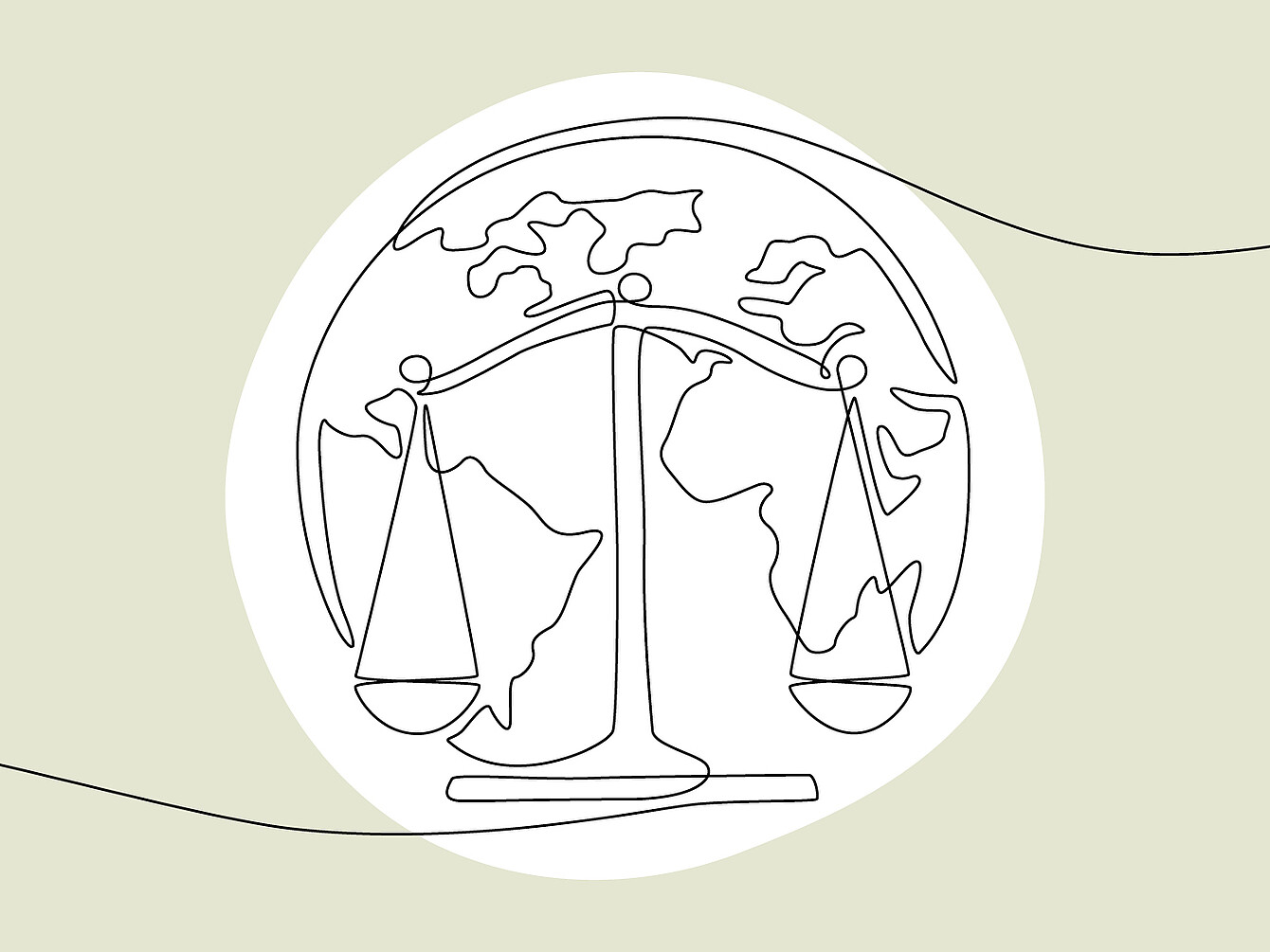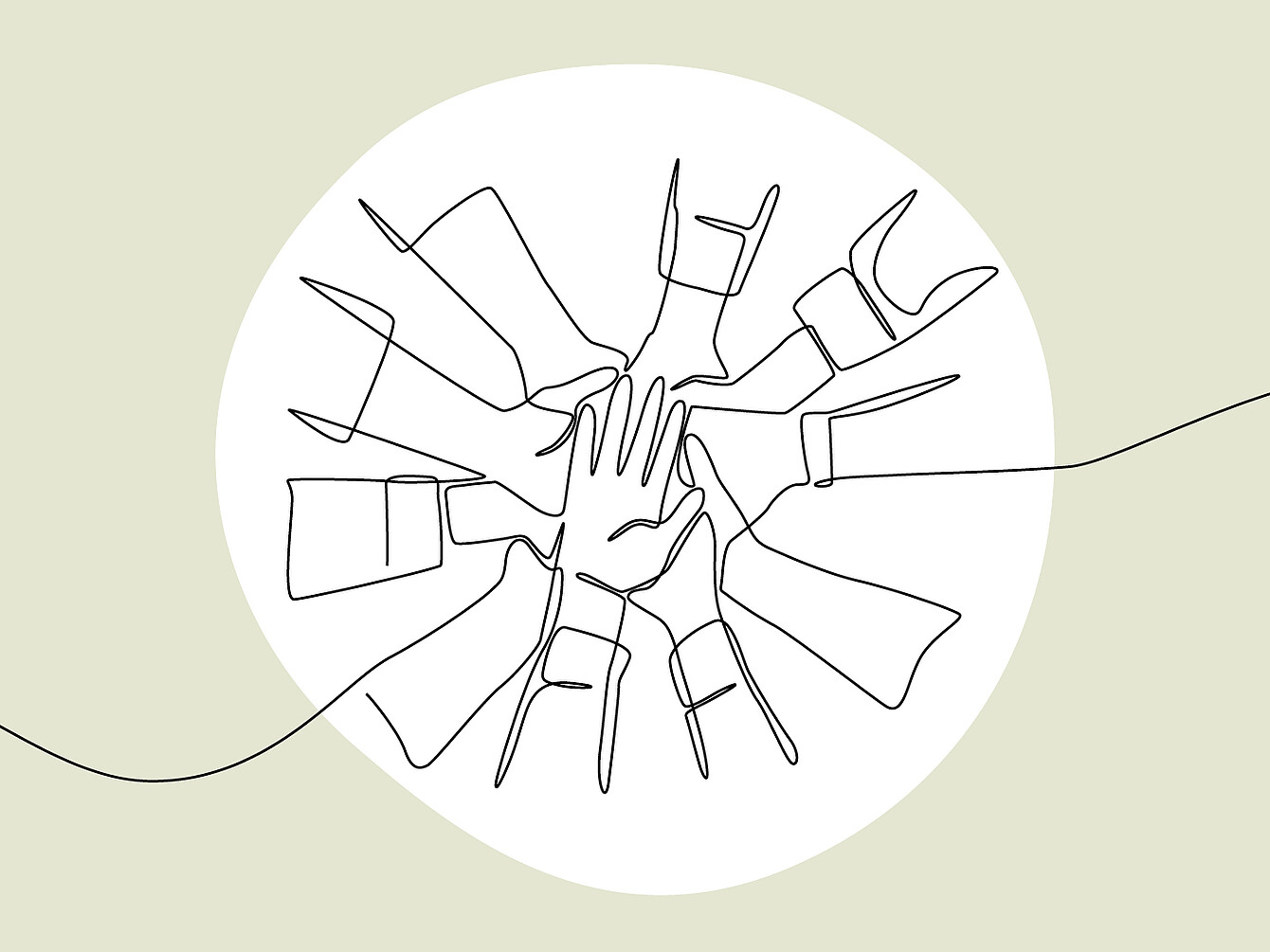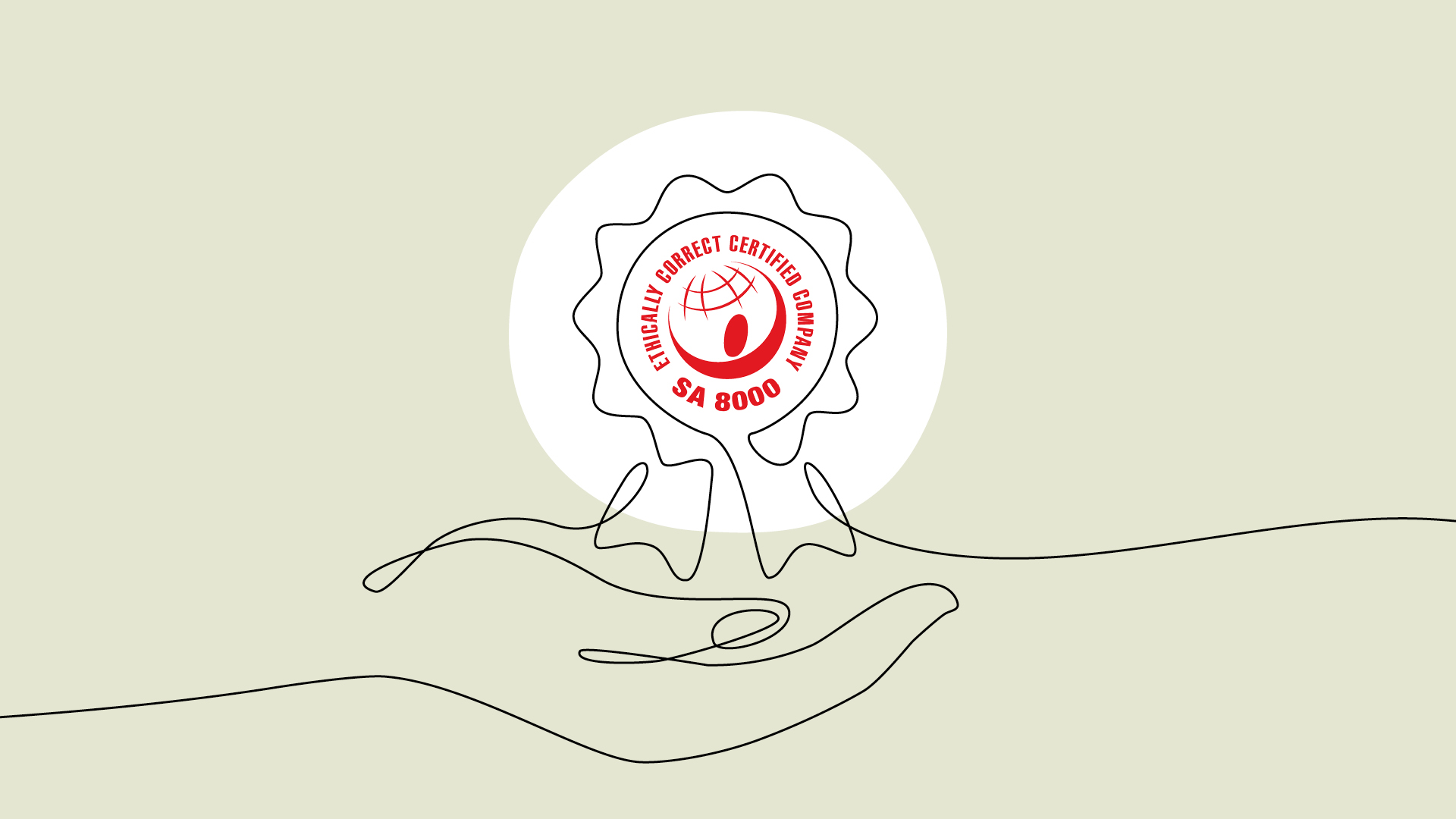Uniform standards in the global supply chain
For Niklas Flum, Sustainability Specialist, it is primarily the aspects relating to the supply chain that are key: "I think it is particularly important to apply the standard consistently throughout the entire supply chain. Especially in countries where the legal minimum standards do not meet the level in Germany, it is crucial to define and ensure uniform minimum social requirements. SA8000 helps us to enforce these standards with our suppliers and to take responsibility."
With this approach, Sedus ensures that social responsibility does not end at the factory gate. The SA8000 standard serves as a guideline for ensuring fair and humane working conditions worldwide – regardless of regional laws or economic conditions.
Basic social principles as the basis for responsible action
Nora Trachternach, Group Director of Purchasing, highlights two important points. She says: "I consider the clear definition and binding nature of key social standards to be particularly important – such as the prohibition of child and forced labour, the right to safe working conditions, freedom of association and fair remuneration. For us, these fundamental principles form the basis of responsible procurement."
From a purchasing perspective, however, the systematic approach of the standard is also crucial: "It not only requires compliance with standards, but also their continuous review, documentation and improvement. This creates commitment and enables fact-based management. The SA8000 standard helps us to live up to our responsibilities internally, and also to actively carry them into the supply chain. It provides a clear framework for discussing social issues with our partners on an equal footing – and working together on improvements."
The standard requires clear processes and continuous improvement – an aspect that is practised at all levels at Sedus.

Responsibility through control and transparency
For employee representatives too, SA8000 certification is a central component of a fair corporate culture. Herbert Ebner, Chairman of the Workers Council says: "I think the most important thing is that social responsibility and the fulfilment of appropriate working conditions are discussed, defined and reviewed by a neutral body at Sedus."
External auditing ensures that high standards are not only formulated but also demonstrably adhered to. This creates trust – both internally and externally.
Fair pay, fair working hours and safe working conditions
Fair working conditions, safety and health protection form the basis for a working environment in which people enjoy working and are motivated. HR Business Partner Niklas Kleinschnittger agrees. He says, "Above all, the sub-topics of 'fair pay' and 'fair working hours' are important for everyone, and I think it's important that these make up a large part of the HR audit."
These issues directly affect all employees and contribute significantly to their satisfaction, motivation and identification. Wolfgang Kautz, Chairman of the Workers Council, also emphasises this connection. He says: "I consider the aspects of occupational safety and health to be particularly important, and they should be on a par with fair pay. These factors contribute significantly to employee satisfaction and motivation and promote a positive working atmosphere."

Structured framework for social responsibility
Important aspects can also be derived for the field of digital transformation. Stephanie Josten, HR Transformation Specialist, says: "For me, as the person responsible for optimising and digitising HR processes, the structured framework of the SA8000 standard is particularly valuable. It creates clear standards for fair working conditions that can be easily translated into digital processes – for example, in the recording of working hours, training courses or complaint mechanisms. This means that social responsibility is not just an ethical requirement, but can also be measured and controlled in concrete terms."
The SA8000 standard therefore not only provides guidance, but also tools for integrating social responsibility into everyday business life – transparently, verifiably and sustainably.
Conclusion: social responsibility as a living corporate culture
The most important aspects of the SA8000 standard show that social responsibility at Sedus is not an abstract concept, but is lived out in concrete terms – from the supply chain to the workplace. Fair pay, safe working conditions, fair processes and transparent communication form the basis for this.
Sedus proves that sustainability and responsibility begin with people – and the SA8000 standard is an effective tool for permanently anchoring these values.
social media channels:


